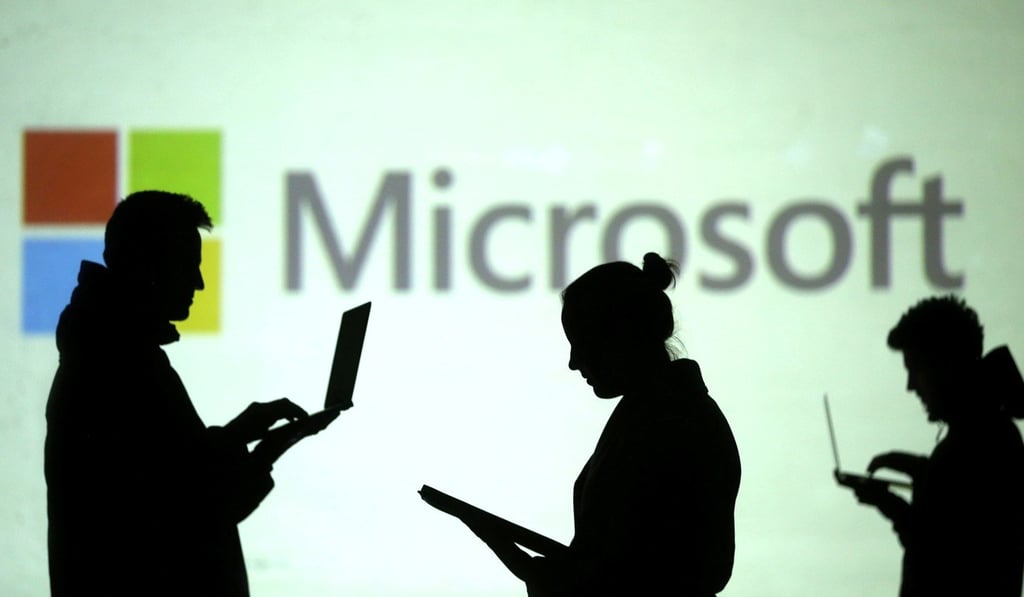Cyberattacks could cost Hong Kong massive US$32 billion annually, according to study
As companies embrace opportunities from cloud and mobile computing to connect with customers, they take on new risks, expert says

The potential economic losses in Hong Kong because of cybersecurity attacks could hit a whopping US$32 billion (HKS249.6 billion) annually – or about 10 per cent of the city’s gross domestic product – within the next few years, according to a study.
In such attacks, large organisations in the city with more than 500 employees were likely to suffer an average loss of US$24.9 million – 650 times more than that experienced by mid-sized firms with 250 to 499 workers, the study estimated.
The huge potential costs include ransom money and stock price changes as well as indirect setbacks such as reputational damage.
“Hong Kong is in line with other developed markets in terms of cyber resilience,” Microsoft Asia’s chief cybersecurity officer Michael Montoya said at an event at Hong Kong’s Cyberport on Thursday.

“As companies embrace the opportunities presented by cloud and mobile computing to connect with customers, they take on new risks.”